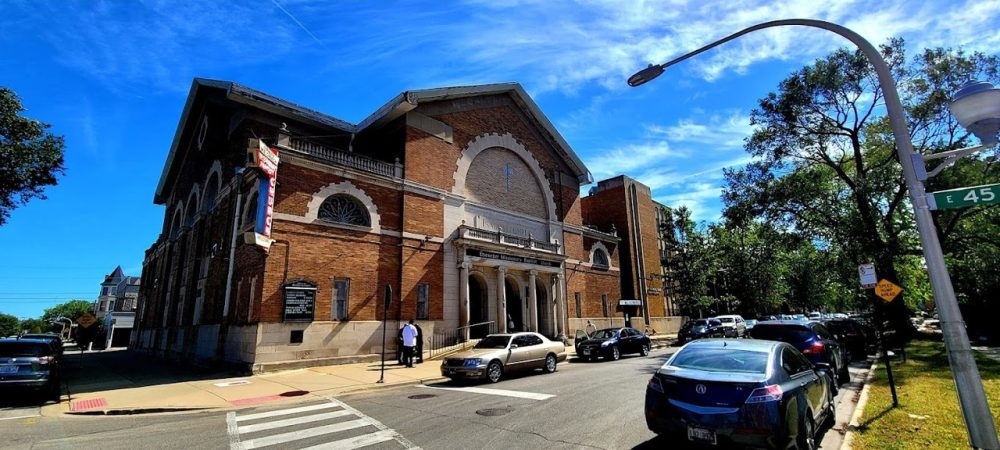
During the heyday of American Christendom, you might have been able to make the case that congregations did a decent job of carrying out their mission without much assistance from outside organizations. Perhaps the denomination or local judicatory provided some support, but most of the resources and know-how flowed from within the congregation outward to the community. Churches did things for the community.
A lot has changed in the last 40 years.
One of the practical implications of the times in which we live is that congregations cannot afford to think of themselves as stand-alone institutions. If we want to provide meaningful incarnational ministry that lives out the call to love our neighbor, congregations need to be intentional about forming catalytic partnerships.
In chemistry, a catalyst is a substance that increases the rate of a chemical reaction without itself undergoing any change. Think of catalytic partnerships as a network of institutional, civic and personal relationships that we cultivate as we participate in the reign of God in the world. These partnerships do not diminish the church. Catalytic partnerships extend and deepen the work of the church.
Without a partnership with King Artaxerxes, Nehemiah would not have been able to rebuild the city walls in Jerusalem. The apostle Paul praised the Philippians for their partnership in the gospel. Today, churches need partnerships that are diverse enough to include local nonprofits, foundations, universities, corporations, schools and public officials. In your next leadership meeting, reflect on the opportunities to form catalytic partnerships. How and with whom can you nurture the connections through which the church can learn, grow and contribute to the well-being of your neighbors and your neighborhood?
Resources
Nonprofit helps churches increase social impact by leveraging their assets
The Oikos Institute for Social Impact helps BIPOC Christian leaders work together to develop a vision, identify existing resources and seek new sources of funding for ministries that serve their communities.
By Alison Bowen
A partnership rooted in God’s love builds affordable housing in New York City
The Trinity-Rev. William M. James Senior Apartments is a collaboration offering affordable housing with wraparound services for seniors, intentionally including the formerly incarcerated.
By Genine Babakian
How engaged is your church in your neighborhood?
A free online quiz offered by the Parish Collective helps congregations discern their current level of engagement in their communities and offers resources to deepen that connection, says the organization’s board chair.
Q&A with Jonathan Brooks
A new partnership helps a social enterprise create ‘networked impact’
Helping another social enterprise get off the ground offered an existing organization a chance to magnify the impact of its own programs to help teens and young adults.
By Matt Overton
Before you go…
In 1 Corinthians 12, Paul lays out his understanding of the importance of spiritual gifts. He lifts up the value of different gifts working together: “If the whole body were an eye, where would the sense of hearing be?” (verse 17)
If we apply this same understanding to the church as an organization, it doesn’t take long to see the benefit of forming partnerships. Whether our congregation is small, midsize or large, we can benefit from the knowledge and expertise that other organizations bring to the table. For instance, partnering with a ministry that works with the unhoused may allow us to be better stewards of our resources than if we try to start something from scratch. As it is written in Ecclesiastes 4:9, “Two are better than one, because they have a good return for their labor.” Or as the proverb says, “Many hands make light work.”
You can reach me and the Alban Weekly team at alban@duke.edu. Until next week, keep leading!

Prince Rivers
Editor, Alban at Duke Divinity




